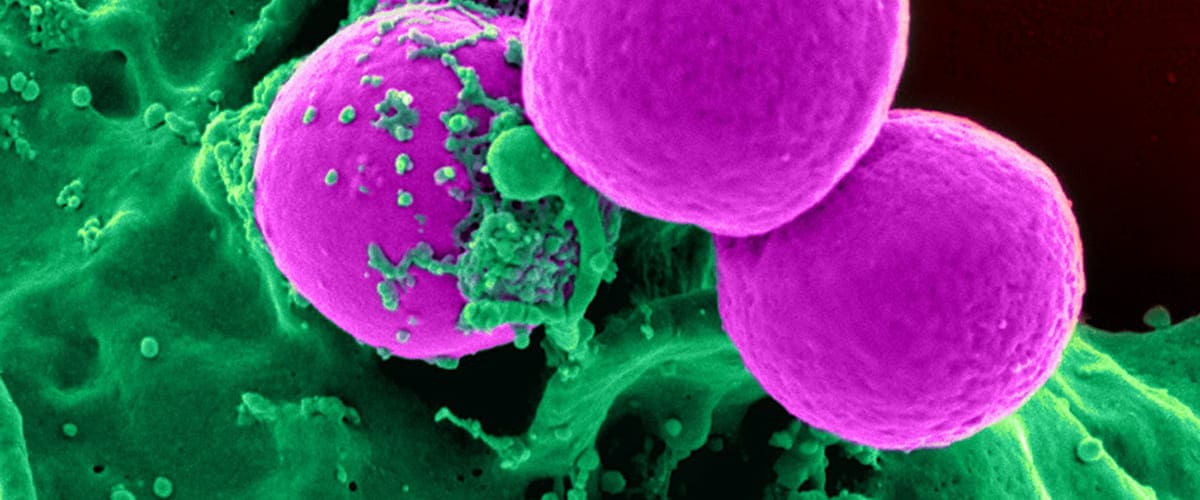Program information
View the program timeline and curriculum, admissions requirements, funding information and how to find an advisor.
Start your application
Ready to apply to the Molecular Biosciences Ph.D. program?
Visit the Graduate School's admission page to begin your application.
